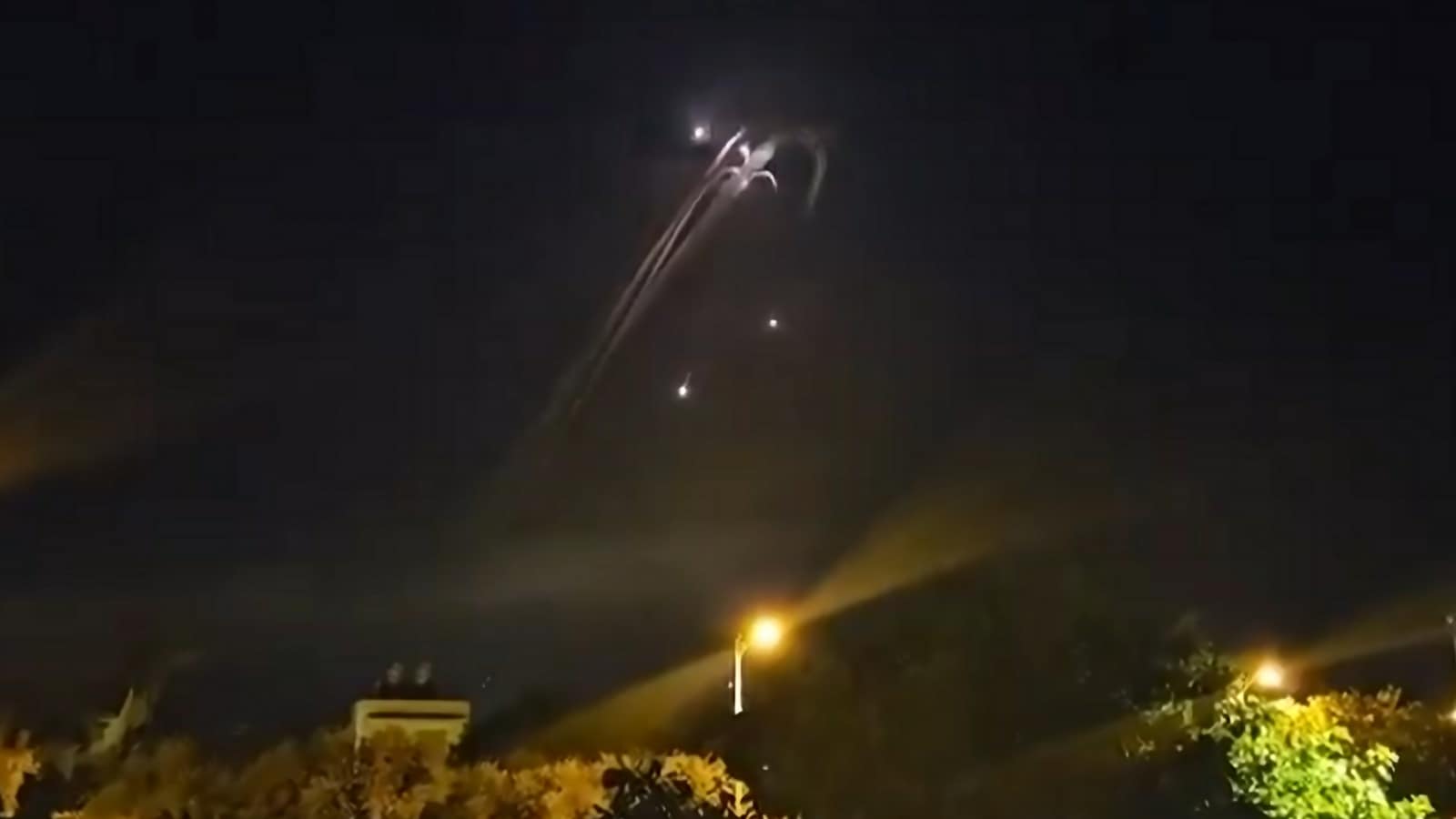


Hezbollah fired rockets at northern Israel on Thursday “in response” to an Israeli strike in southern Lebanon that claimed life of a top commander earlier this week. The attack was Hezbollah’s first since an Israeli airstrike killed its top commander Fuad Shukr on Tuesday evening, with leader Hassan Nasrallah saying operations would resume on Friday morning.
The Iran-backed group said it launched dozens of Katyusha rockets “in response to the Israeli enemy’s attack on… (the southern village of Shama) that killed a number of civilians”.
The Israeli military said its air force hit the Hezbollah launcher used for the rockets shortly after the attack. The IDF said that only five of the barrage of rockets could enter the country and there are no reports of any losses.
ALSO READ- Hamas chief killing: Iran orders direct attack; US speaks on ‘right to defend’
Israel also blamed Lebanese government responsible for Hezbollah attack.
“We will not allow anyone to terrorize the people of Israel,” it said in an X post.
Hours after Shukr’s death, a strike in Tehran killed Hamas chief Ismail Haniyeh, an ally of Hezbollah. Iran and Hamas have blamed Israel for the attack, but Israel has declined to comment.
Israel on Thursday also confirmed that the head of Hamas’ military wing, Mohammed Deif, was killed in an airstrike in Gaza in July.
ALSO READ- Hamas chief Ismail Haniyeh, killed in Iran, shared stage with Nitin Gadkari, others yesterday
In a virtual video speech to mourners gathered around Shukur’s coffin in a Beirut suburb, Hezbollah leader Hassan Nasrallah declared, “We have entered a new phase that is different from the previous period.”
Referring to the Israelis, he said, “Do they expect that Hajj Ismail Haniyeh will be killed in Iran and Iran will remain silent?”
“Laugh a bit and you will cry a lot,” he warned.
ALSO READ- Who is Khaled Meshaal, set to be Hamas chief after Ismail Haniyeh ‘assassinated’?
US president Joe Biden promised Israeli prime minister Benjamin Netanyahu “new defensive US military deployments” amid threats of retaliation from Iran-backed Hamas and Hezbollah leaders’ assassinations.
The White House reported that Biden reaffirmed his commitment to Israel’s security against all threats from Iran and its proxy groups, including Hamas, Hezbollah, and the Houthis. During their call, Biden discussed efforts to bolster Israel’s defense against threats such as ballistic missiles and drones, including new defensive US military deployments.
Netanyahu said on Thursday that Israel is at a “very high level of preparedness” in response to potential reprisals for the recent assassinations of Hamas and Hezbollah leaders.